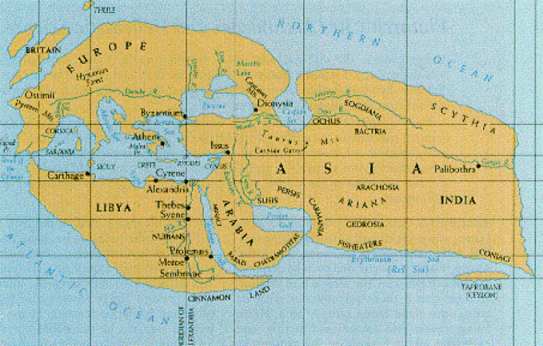After heroically beating off a pirate raid, the Romans sail on towards Cimbrii Chersonesos without any more incidents, resting on an off-coast island and getting a ”pilote”, a local fisherman volunteers.
Sailing on and into what will later be known as Ringkøbing Fjord and heaving to at the mouth of a stream (large for the area) where locals meet them and guide them to the hall of the minor local chieftains, for it is three brothers who are in power here.
These three, Saligastiz (21), Hludaz (18), and Rollaug (16), and their sister Gytha (19) welcome the foreign dignitaries with a feast; a feast where it quickly becomes evident that the Romans might have landed in hot water.
* The three brothers are not too bright and drinks a lot, boasting and bragging all along how they will lay Hariawulf “Rênkoz Mêrjoz” (Famous Hero) Háriuhássonur, Warchief of the tribes, low. They go on at length on how they will cut him and his Hird down.
* Gytha is very bright and opposed to the brothers’ plans, as is the Thuliz (wise man/priest) whose advise they are supposed to heed. The most competent of their Hird, a grizzled veteran named Rêikiwulfáz might be as well, but does not reveal much, nor take part in the revel; instead keeping an eye on the foreigners.
* There are hints that the brothers are part of a conspiracy, bragging of powerful friends is the major one.
* The honoured guests are not supposed to leave for their ship. But sending a slave was not noticed and he returns with a report of an attack on the ship.
Lucius Cornelius is gripped by anger, but sensibly keeps his temper at this breach of hospitality/protection of guests as the brothers get more and more into drink and the soothsayer foresee evil things to befall their house (which Lucius prudently translates into great glory for them). Instead he gets Aurelia Mento, who the brothers are quite keen on, to slip anaesthetics into their mead to allow the Romans to slip away. With them, after a quiet talk with Gaius Caecilius, came Gytha. Supposedly as a hostage, but in reality to get away from the doom she believes her ill-advised brothers are leading it to.
The ship has survived in a condition to be rowed, but not carry sail. The sailors and slaves fought off the attackers, who were Romans soldiers and gladiators. The competition has apparently already arrived and consolidated.
The mixed party then sets off to get away and to the next magnate further north at the N. end of the fjord (where Ringkøbing is today).
Wednesday, 13 January 2010
Subscribe to:
Post Comments (Atom)


_running.jpg)







μῆνιν ἄειδε θεὰ Πηληϊάδεω Ἀχιλῆος
ReplyDeleteοὐλομένην, ἣ μυρί' Ἀχαιοῖς ἄλγε' ἔθηκεν,
Sing, Goddess, of the rage, of Peleus' son Achilles
the accursed rage, which brought pain to thousands of the Achaeans.